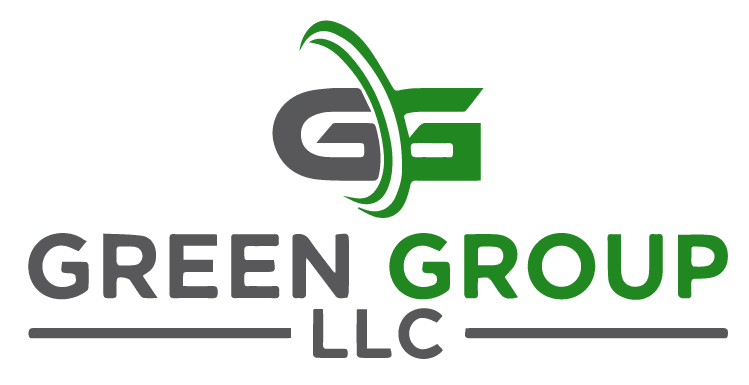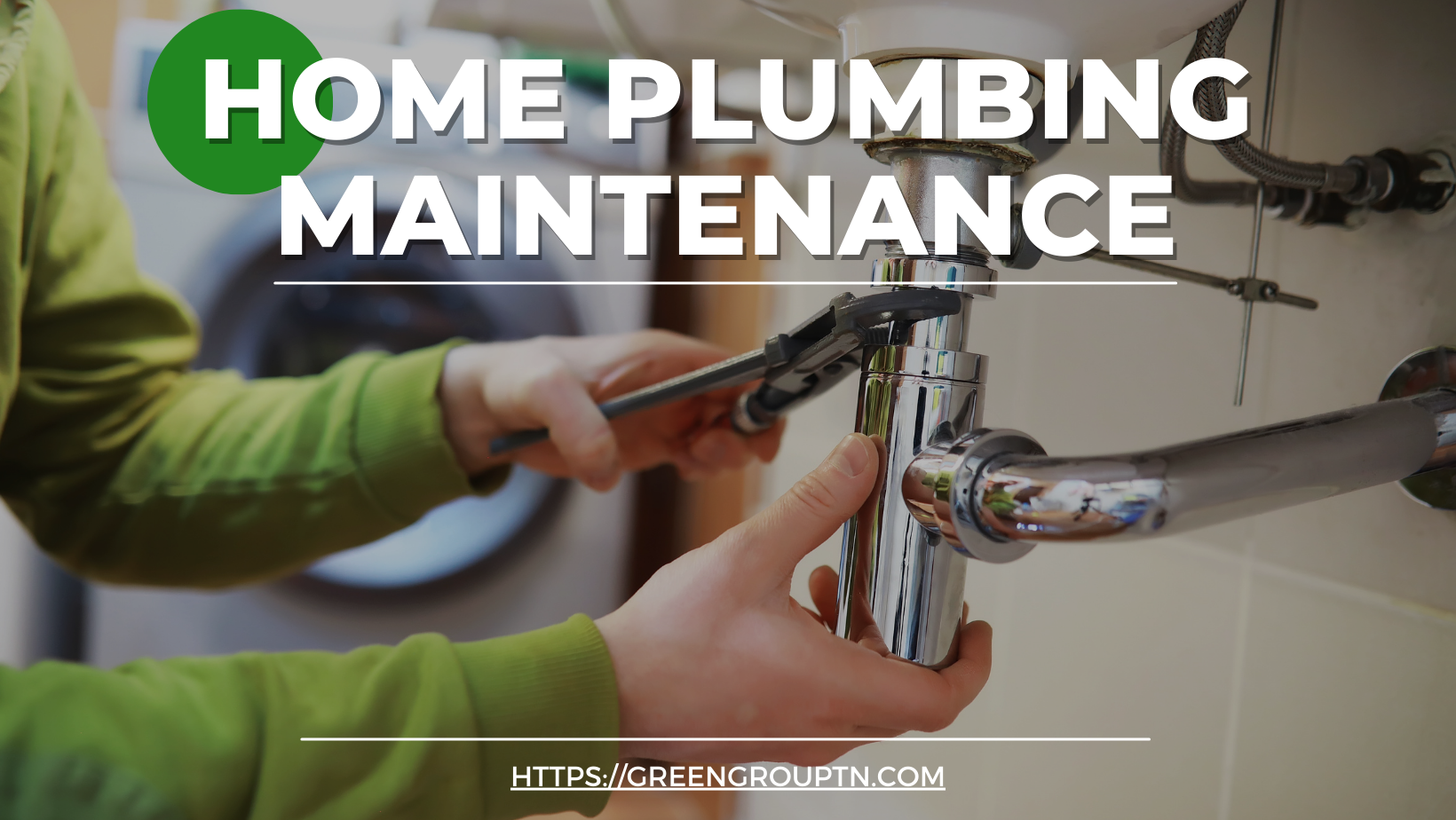Maintaining your home’s plumbing is crucial, and prevention is indeed worth more than a cure. By proactively addressing potential plumbing issues, you save not only money and time but also avoid the stress of unforeseen repairs. Here’s your comprehensive guide to maintaining home plumbing, ensuring your system stays in peak condition.
Regular Leak Inspections
Leak detection is vital in maintaining home plumbing efficiently. Small leaks, if ignored, can escalate into costly repairs. Routine checks of faucets, showerheads, pipes, and valves for any signs of drips or moisture are essential. Promptly fixing minor leaks can prevent water damage, mold growth, and soaring water bills. For persistent issues, contact Green Group for professional assistance.
Install Drain Screens
Clogged drains are common but preventable. Hair, food particles, and debris accumulate over time, causing blockages. Drain screens or strainers are effective tools to catch these before they enter your plumbing. This simple measure can save you from the expense and inconvenience of clogged drains.
Water Heater Maintenance
Your water heater is a key component of home plumbing. Regular maintenance, such as annual flushing to remove sediment, can enhance its lifespan and ensure efficiency. Checking the temperature settings and inspecting the pressure relief valve are also crucial steps. For more on water heater upkeep, consult Energy Saver for detailed guidelines.
Pipe Insulation
Exposed pipes are at risk of freezing during colder months, leading to bursts and costly repairs. Insulating these pipes with foam or heat tape keeps them stable and prevents freezing. Prioritize areas like basements, attics, and garages that are unheated.
Sump Pump Testing
A sump pump is your defense against basement flooding. Regular testing is crucial to ensure it works effectively. Pour a bucket of water into the sump pit to trigger the pump. Ensuring its functionality protects your home from potential water damage.
Careful Flushing Practices
To maintain home plumbing, be mindful of what you flush. Stick to flushing only human waste and toilet paper. Items like sanitary products, wipes, and paper towels can cause blockages. Educating your household on what’s flushable can prevent costly clogs.
Schedule Plumbing Inspections
Routine inspections by a professional plumber can identify issues before they become major. This proactive approach helps catch hidden leaks and corrosion early, saving both money and hassle.
Protect Pipes from Roots
Trees and shrubs can invade your plumbing system, causing damage. Plant vegetation away from plumbing lines and consider root barriers for protection. Regularly monitoring growth around your home can prevent root-related issues.
Install a Water Softener
In areas with hard water, mineral deposits can build up, affecting water flow and efficiency. A water softener can treat this, extending the life of your plumbing and reducing the need for strong cleaning agents.
Household Education
Everyone in your household should understand the importance of maintaining home plumbing. Teach your family about proper water usage and waste disposal. Awareness and proactive action can significantly reduce plumbing issues.
Monitor Water Pressure
High water pressure can harm your plumbing over time. Use a pressure gauge to check it regularly. If it’s consistently high, consider installing a pressure regulator to protect the system.
Upgrade Aging Plumbing
Older plumbing can be prone to leaks and corrosion. Assessing its condition and upgrading to modern materials can improve efficiency and reliability. A professional evaluation can guide you on necessary upgrades.
Conserve Water
Water conservation is beneficial for both the environment and your plumbing. Fix leaks, use low-flow fixtures, and be mindful of usage to reduce strain and extend system life. Simple changes can have a significant impact.
Emergency Preparedness
Despite preventative efforts, emergencies can occur. Know your main water shutoff valve and keep essential tools handy for common plumbing issues. Being prepared minimizes damage and ensures a swift response.
Preventative plumbing maintenance is a smart, cost-effective approach to keeping your plumbing system in excellent condition. Implementing these practices not only prevents unexpected disasters but also reduces repair costs and enhances reliability.
Contact Green Group Today
At Green Group, we are dedicated to helping you maintain a healthy plumbing system. From leak checks to insulation, investing in preventative maintenance with us is a wise choice. Don’t wait for problems to arise; take proactive measures now. Visit our contact page for more information and to schedule a maintenance appointment. Let us ensure your plumbing system runs smoothly for years to come.

